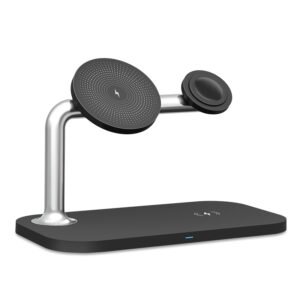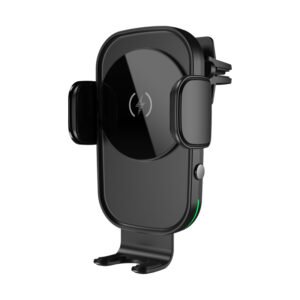When it comes to charging speed, wired chargers are generally faster than wireless chargers. This is because a wired charger can deliver a higher wattage of power to the device being charged, which allows for a faster charge.
The maximum charging speed for a wired charger depends on the type of charger and the device being charged. For example, a USB-A charger can deliver up to 12 watts of power, while a USB-C charger can deliver up to 100 watts of power. The charging speed is also affected by the battery capacity of the device being charged, with larger batteries requiring more time to charge.
On the other hand, wireless chargers are generally slower than wired chargers because they use electromagnetic induction to transfer power from the charger to the device being charged. This method of charging is less efficient than a direct connection, so the amount of power being delivered is lower, and the charging speed is slower.
The charging speed of a wireless charger also depends on the output power of the charger and the device being charged. Typically, wireless chargers deliver 5 watts to 15 watts of power, with some high-end chargers able to deliver up to 30 watts. However, the actual charging speed depends on the battery capacity of the device being charged and the placement of the device on the charging pad.
In summary, wired chargers are generally faster than wireless chargers because they can deliver a higher wattage of power. However, the charging speed depends on the type of charger, the device being charged, and the battery capacity of the device.













